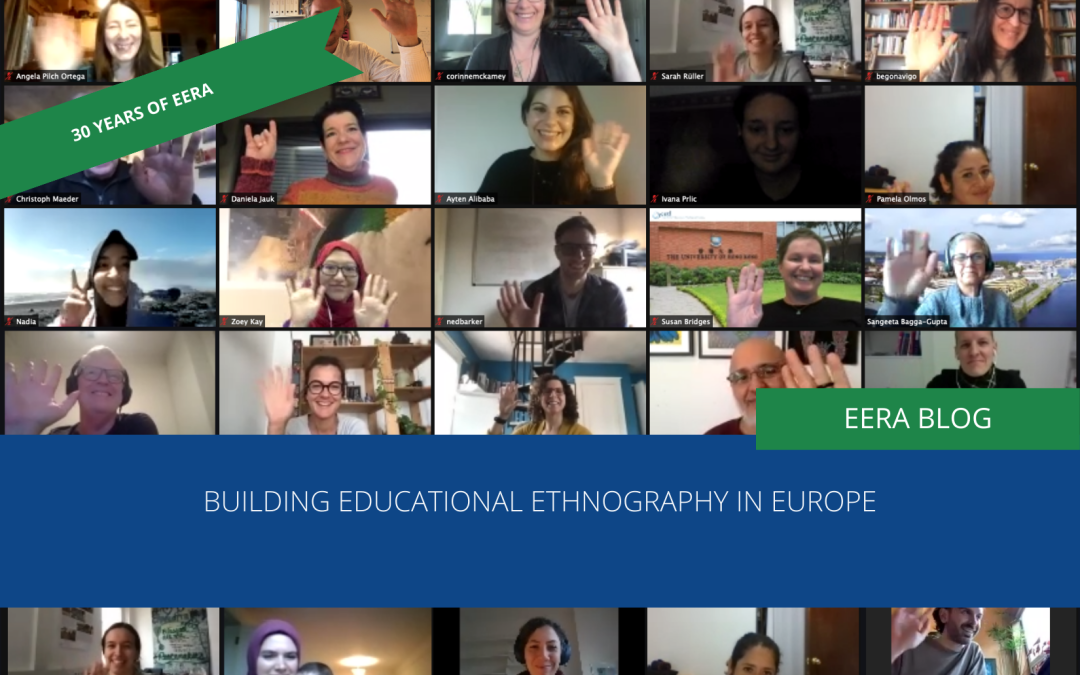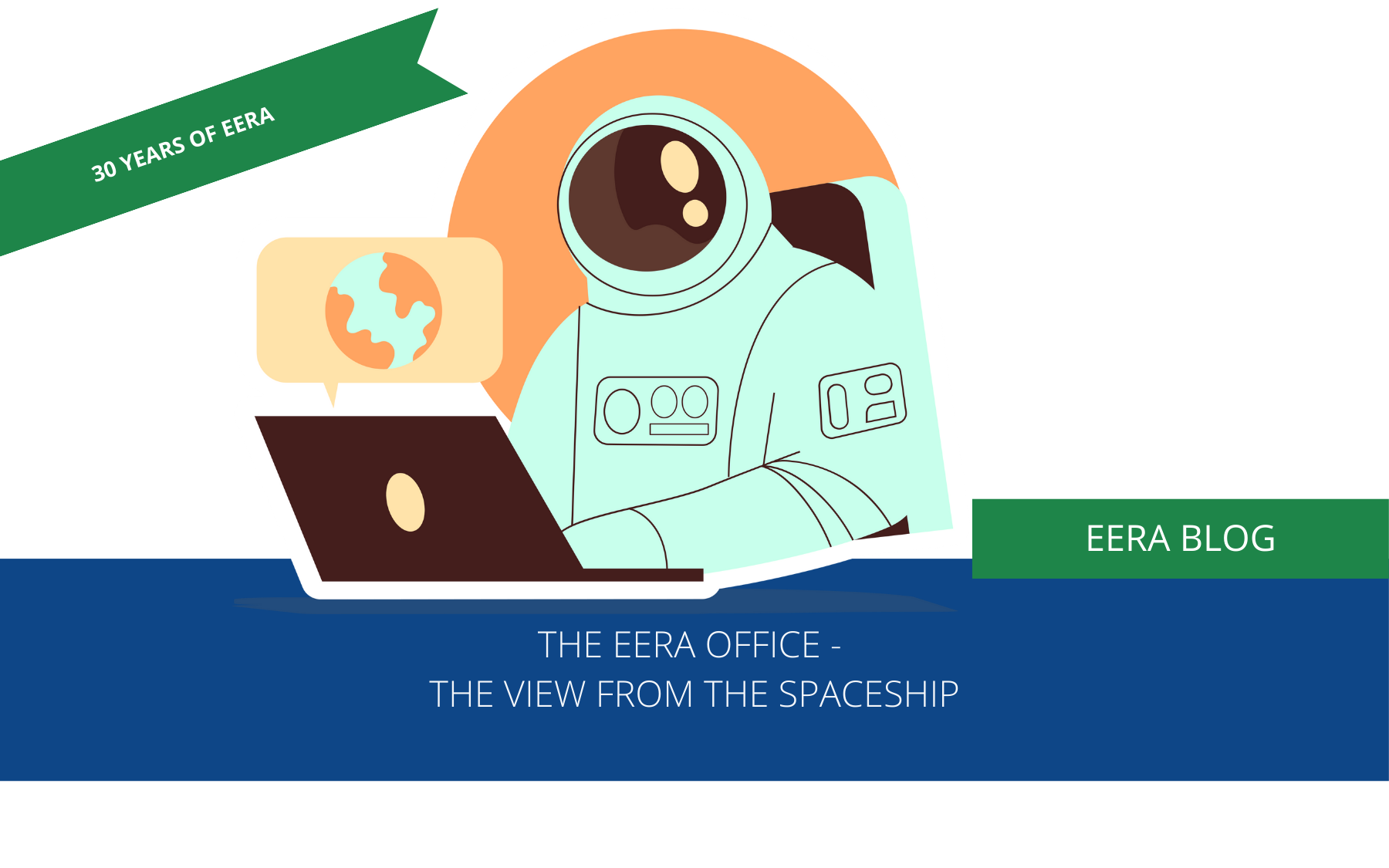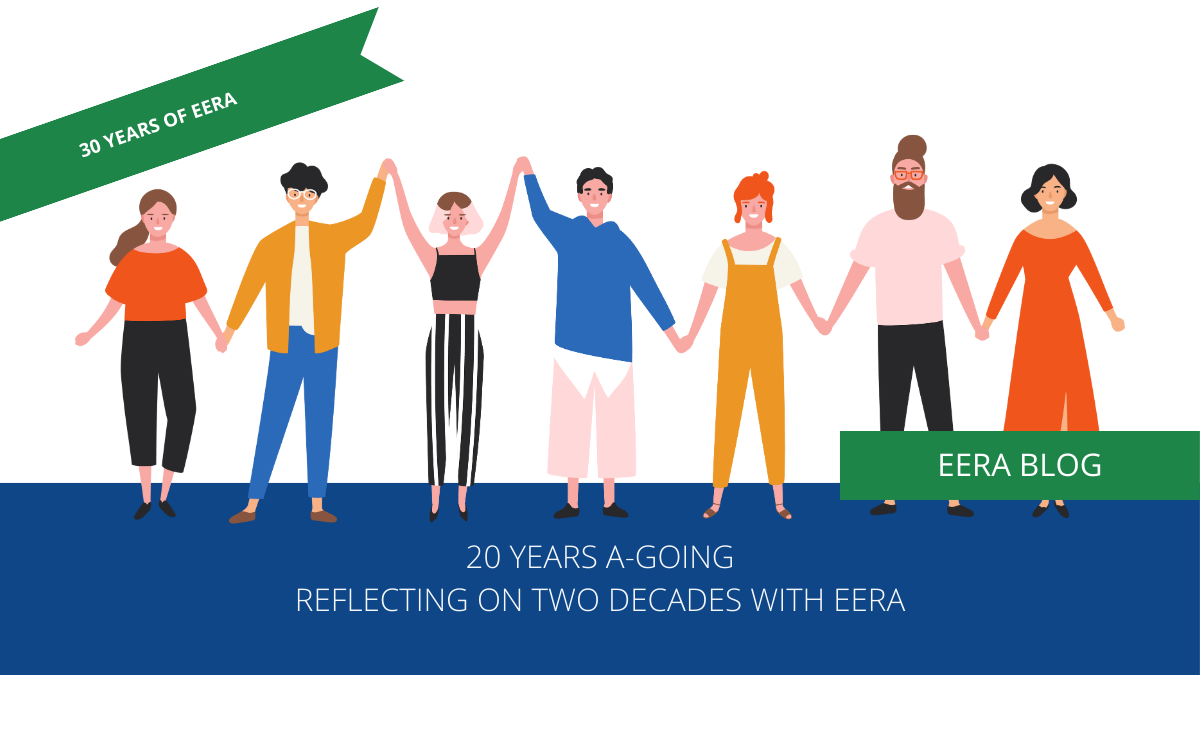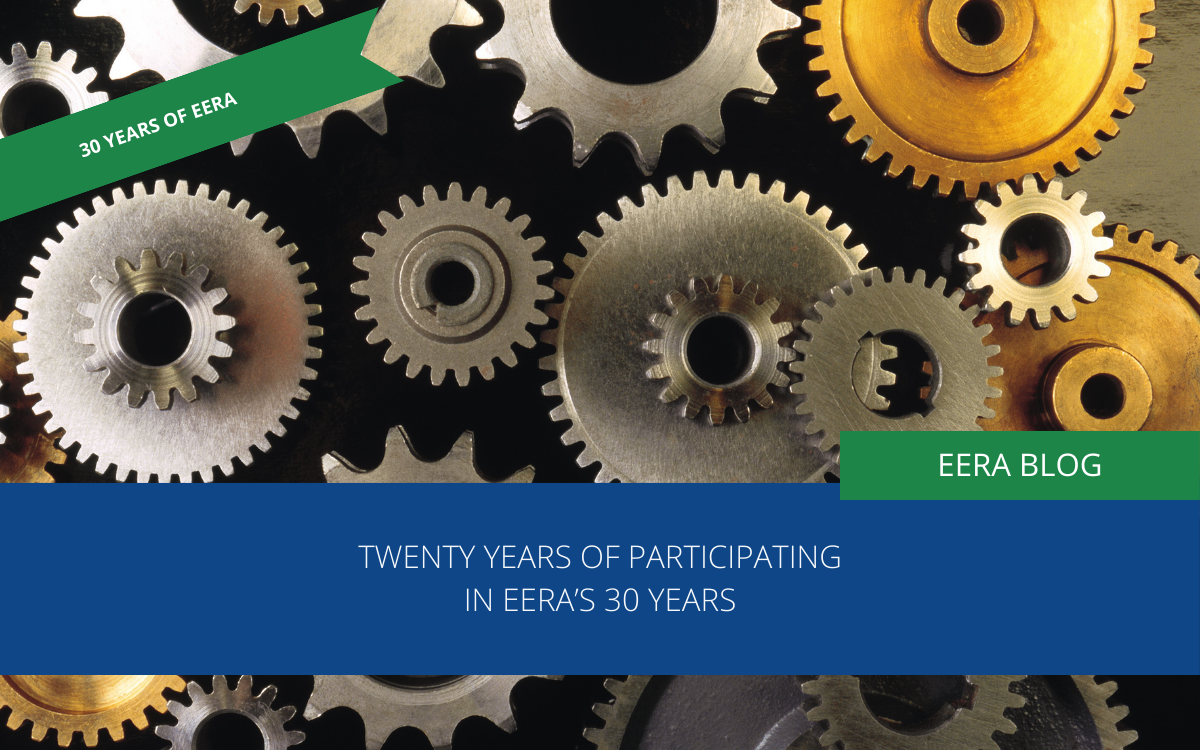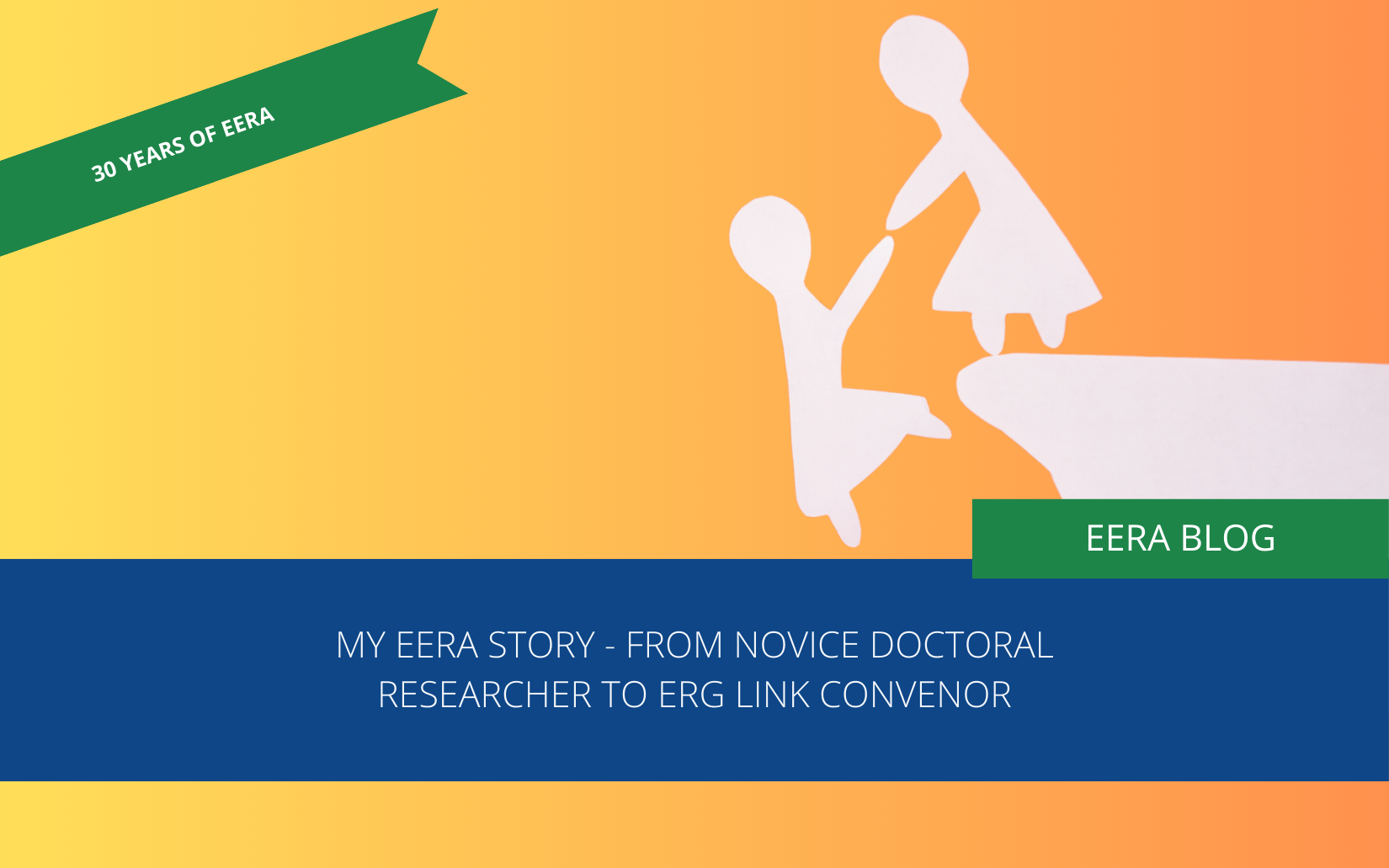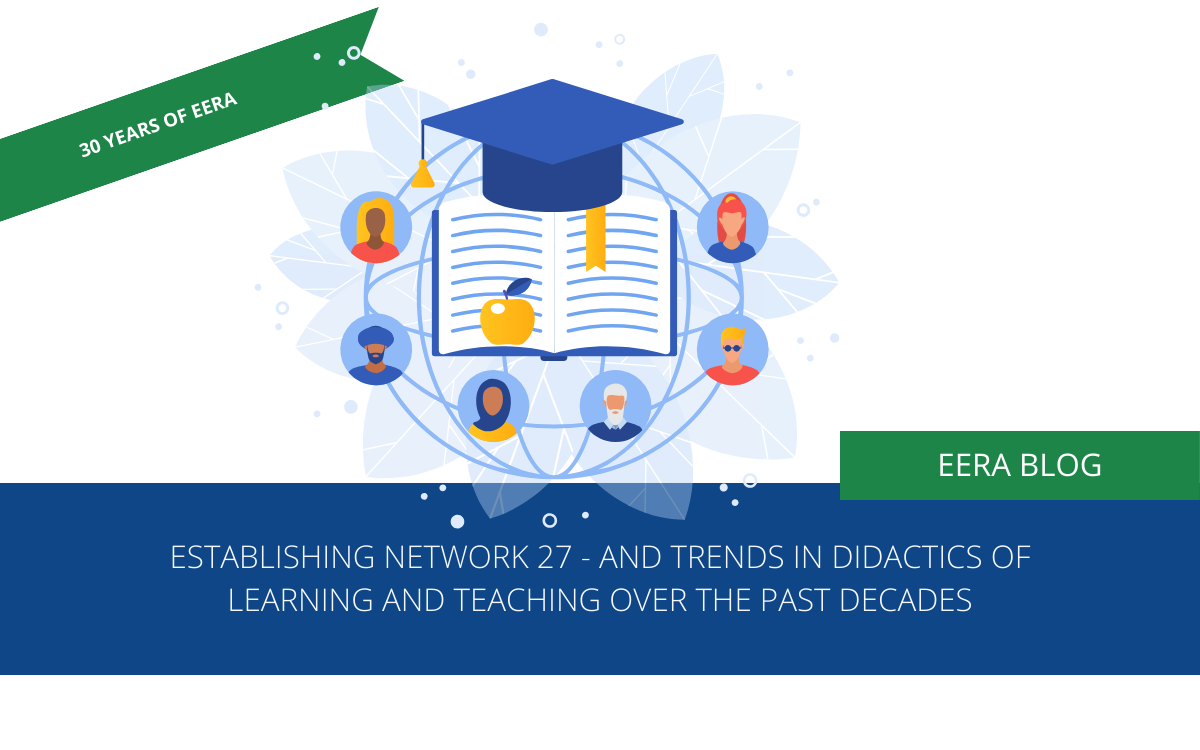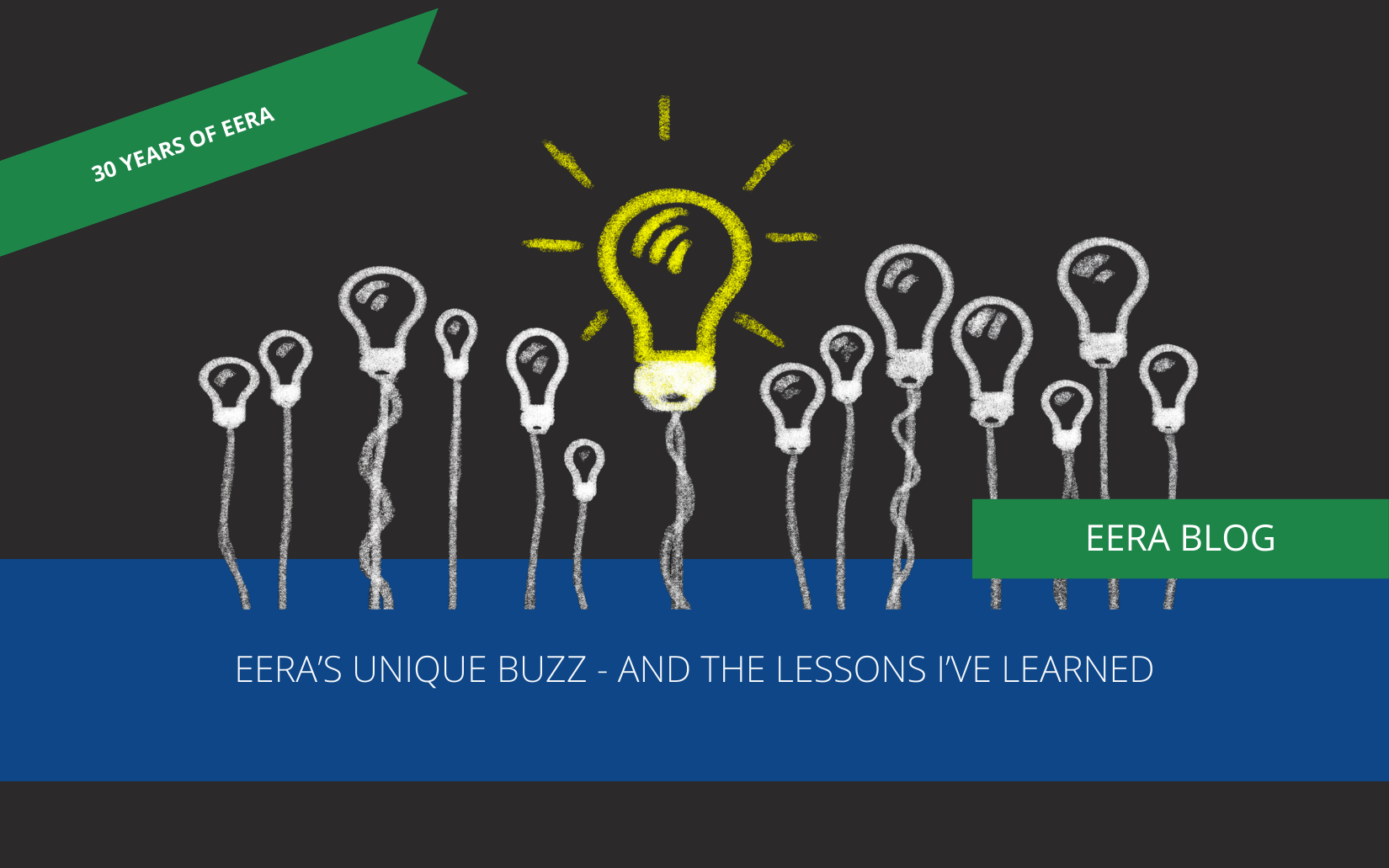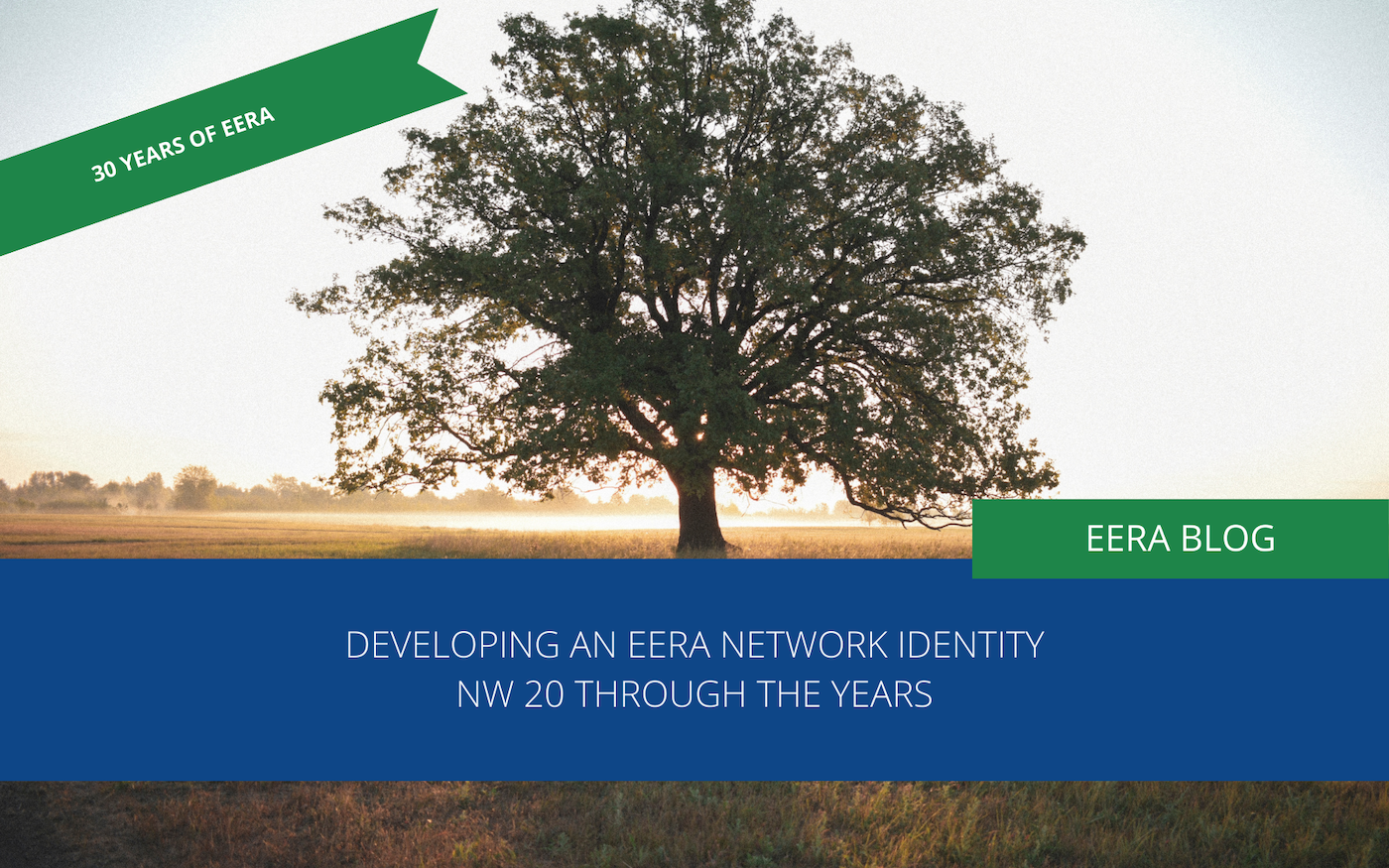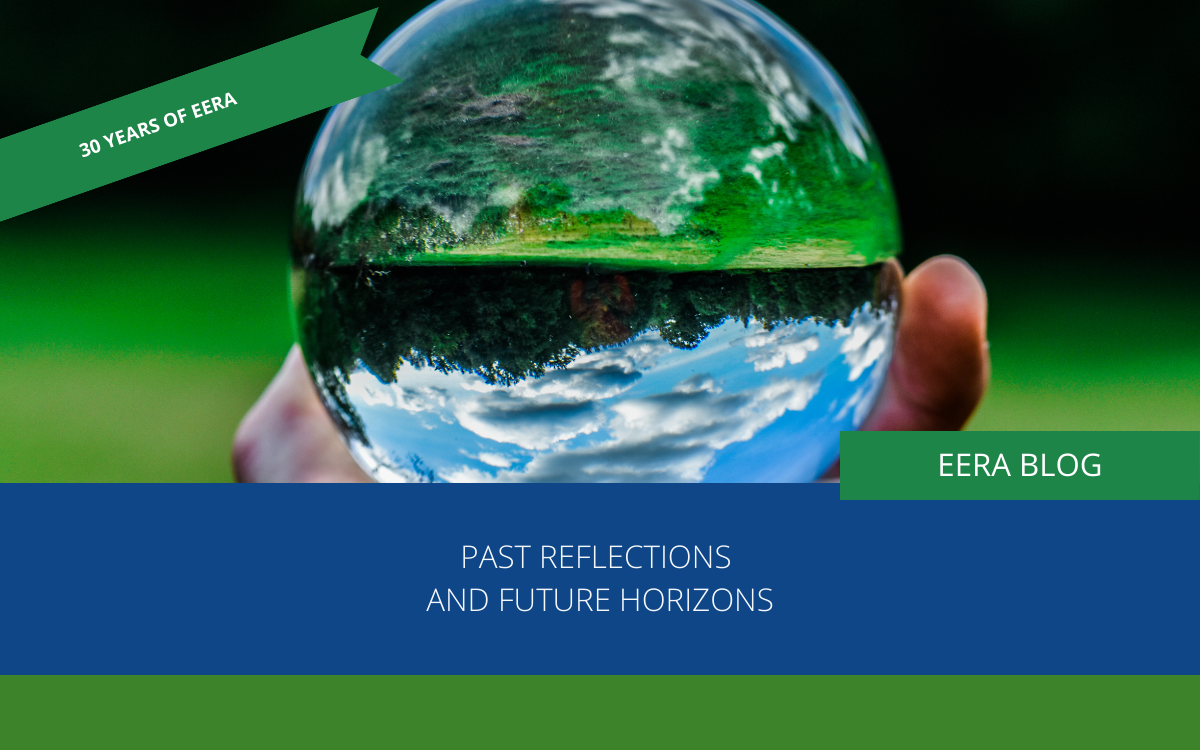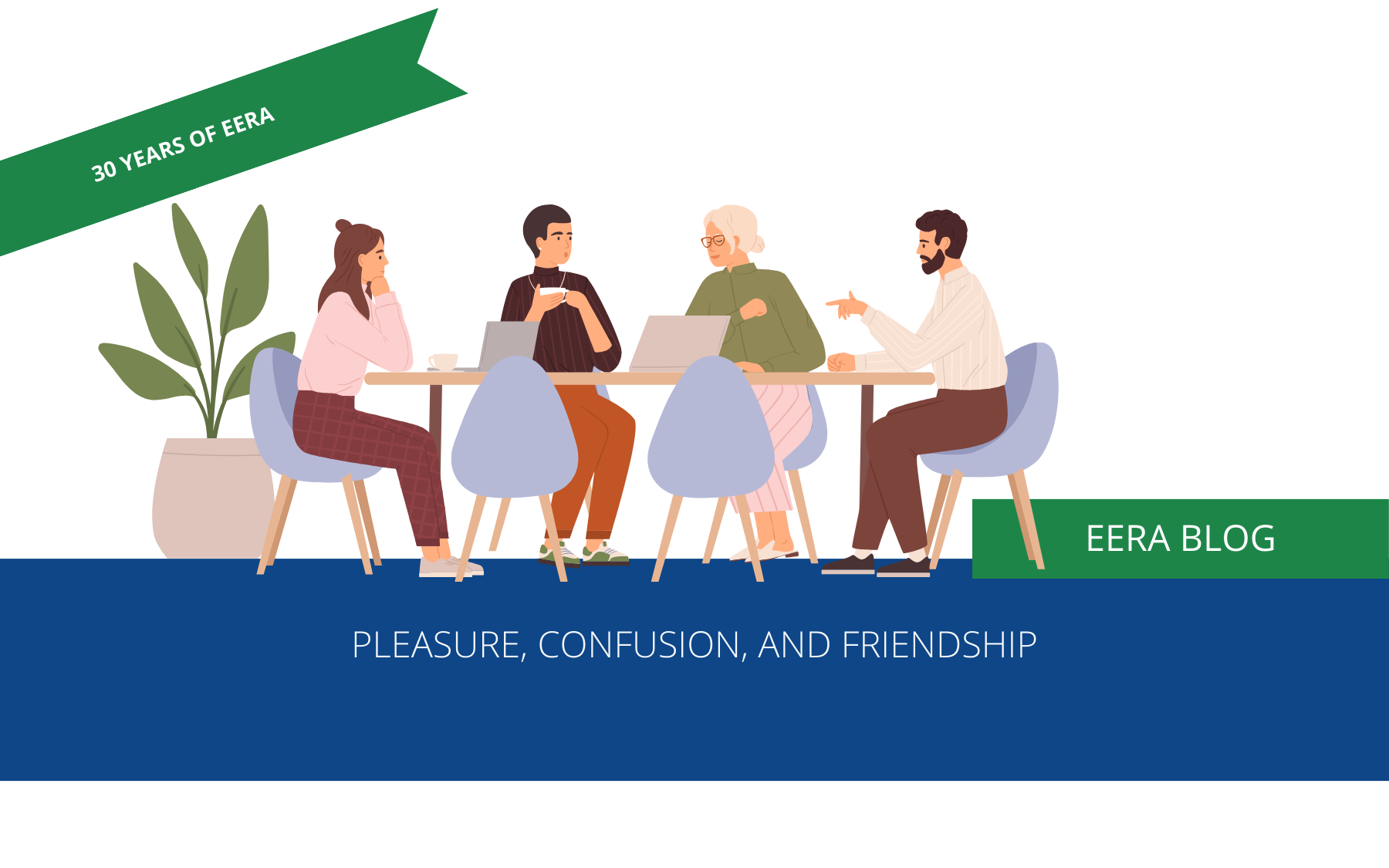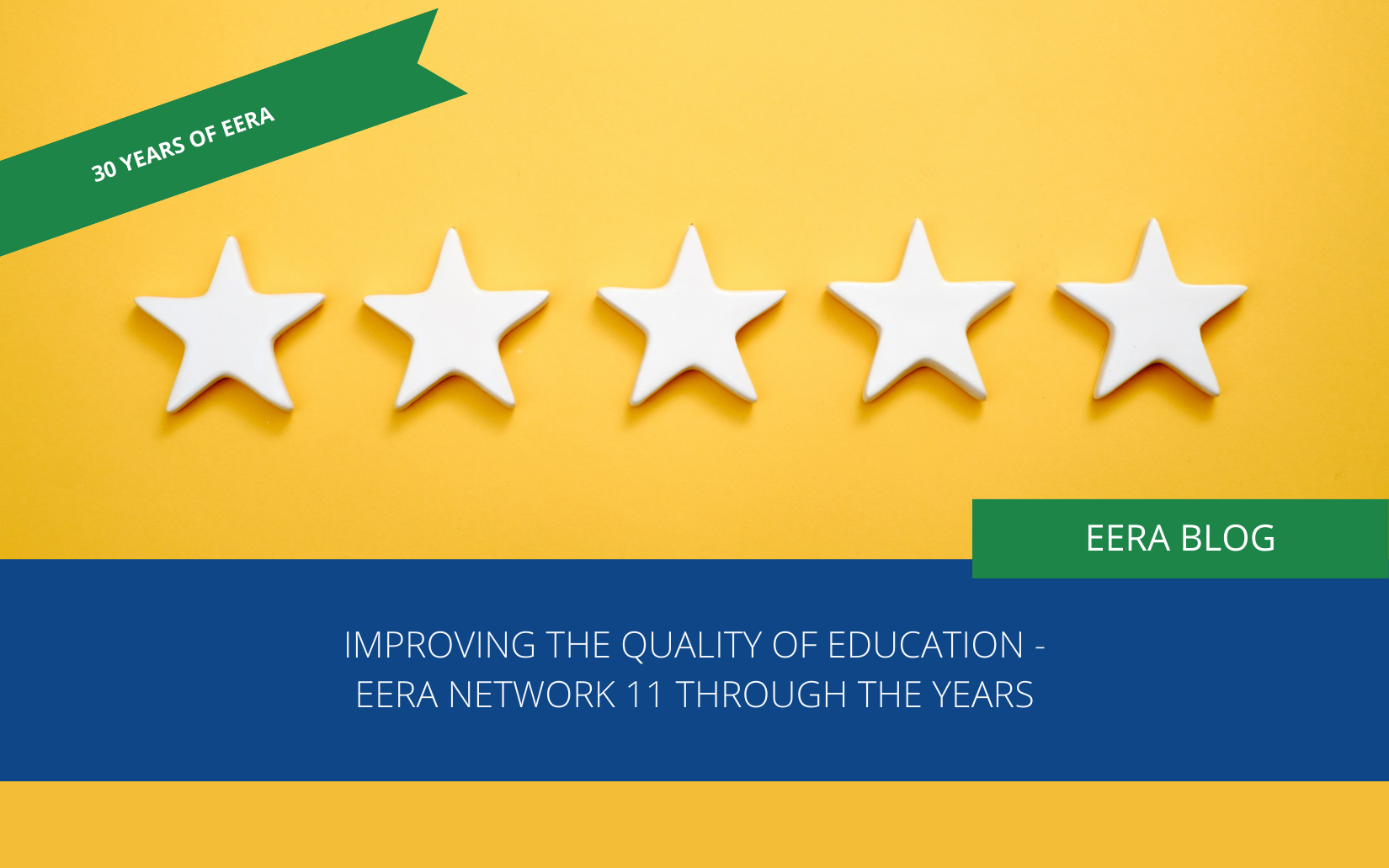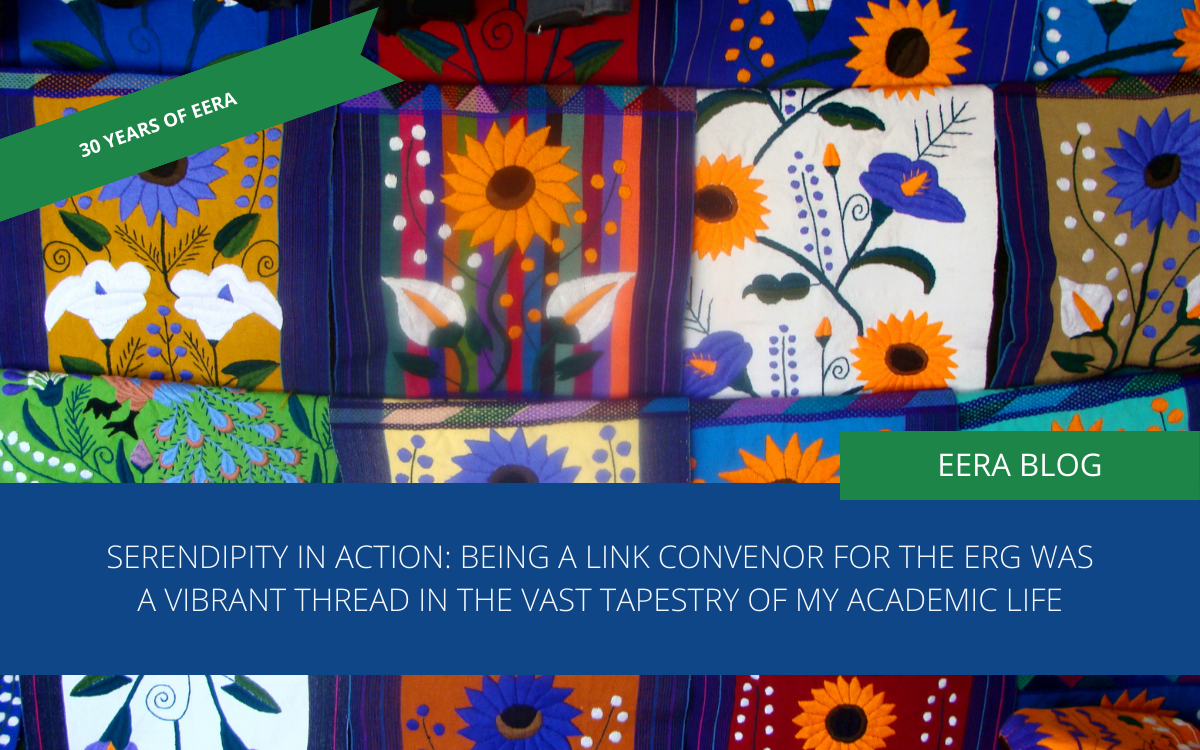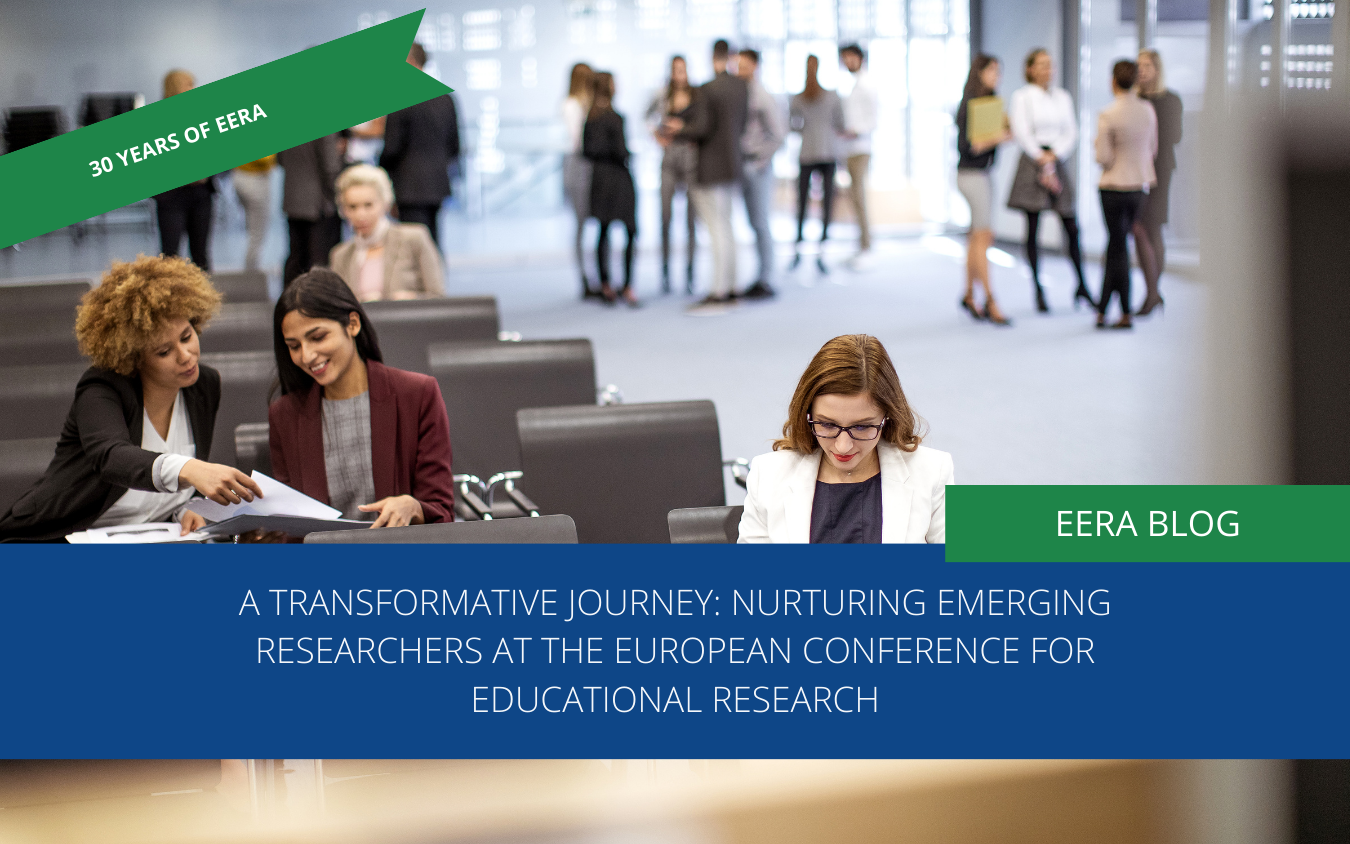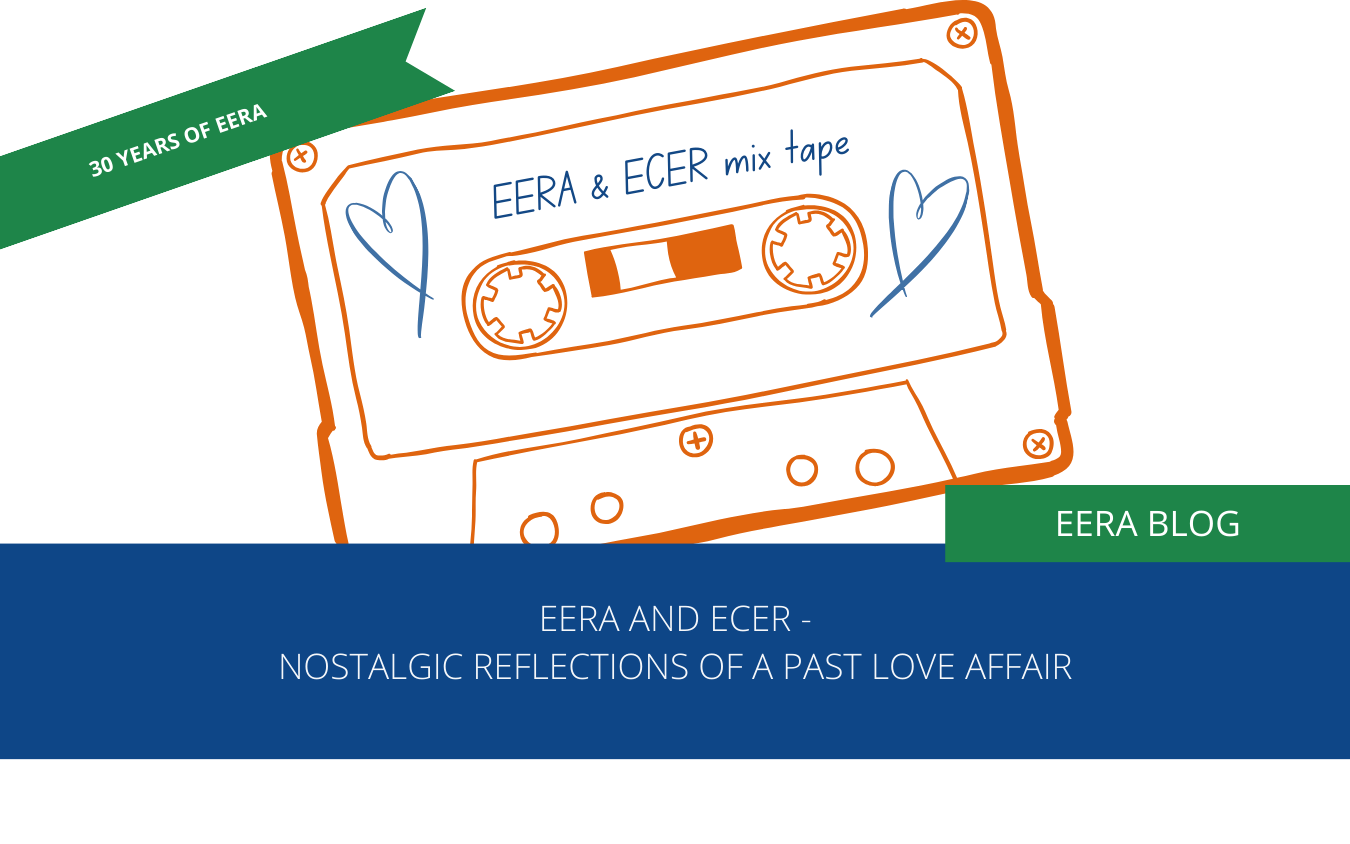EERA is celebrating 30 years in 2024, and as part of our anniversary celebrations, we have invited people who have been at the heart of the association to share their memories and reflections. In a series of blog posts, which will run throughout 2024, we will share those precious memories, from the people who helped foster the global EERA community.
In this blog post, long-term members of the ethnography network, who are currently serving as network convenors reflect on their time with EERA and Network 19.
Throughout the last 25 years, the ethnography network, formally EERA Network 19, has been an important meeting point for educational ethnographers from all over Europe. As the only network with a dedicated methodological focus, we aim at enabling and linking method and content-related discussions, at creating a space that inspires through experiences of difference, and at facilitating exchange amongst network members. Exchanges generated through our network have resulted in friendships that lasted for decades, alongside many other project-based collaborations, and yielded important impulses for current research in educational ethnography. In the following sections, three long-term network members, currently serving as network convenors, share their stories and insights into what the network means to them.
Challenging common-sense conceptions of educational processes and policies through ethnography
Begoña Vigo
My participation in this network has been through individual papers, symposia, and as a discussant, reviewer, and convenor. The interaction and exchanges with participants from Europe and other countries has made this process one of continuous learning.
It initially reinforced a view of ethnography very close to its original meaning – writing about people and culture – and as a way to generate a detailed approach to the content, processes, and experiences of educational life through close observation, listening, and recording of what happens in specific times and places.
However, my concern was also to open possibilities for thinking differently about people’s lives, actions, and experiences by analysing them in my role as an educational researcher from a critical perspective. My new interest became one of challenging common-sense conceptions of educational processes, policies, and outcomes, and contributing to identifying, unravelling, and transforming/reconstructing the important social mechanisms that may underlie and shape current phenomena in everyday life.
These things have been a major part of my journey over the last twelve years, related to the ideas of Paulo Freire, Antonio Gramsci, and Pattie Lather, among others. They have led me to materialise the meaning of research in education for social justice throughout these years.
“Are you sure they are getting this ethnoballet stuff, Carl?”
Carl Bagley
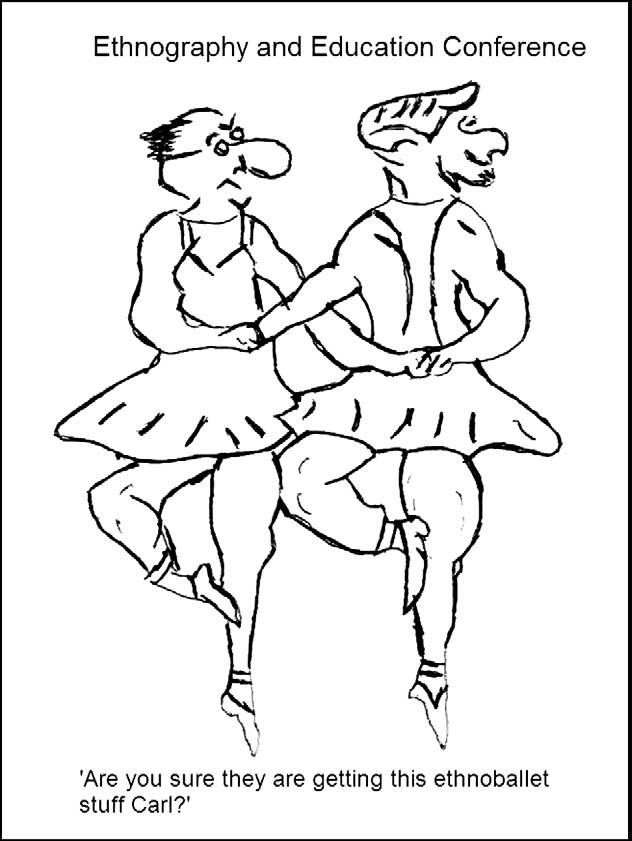
In terms of the cartoon and the portrayal of myself with a dance partner, any resemblance to Bob Jeffrey, one of the ethnography network co-founders, is purely coincidental!
What isn’t coincidental is how the network, under the initial guidance of Bob and subsequent friends and colleagues, has provided a platform (and perhaps a dance floor) for ensuring ethnographic debates remain pertinent and alive. Freire (1997) observed that “the historical, political, cultural, and economic conditions of each context present new methodological and tactical requirements, so that it is always necessary to search for their actualisation’’. In such a search, the network and its associated journal, Ethnography and Education, continue to play an important part.
In 2024, two satellite conferences are looking at Re-Writing (Against) Culture and Ethnography and Transformation in Educational Contexts. Like the network, the conferences signal a commitment to engage ethnographically with a rapidly changing social world, still ingrained with inequality and discrimination.
Of course, traditional ethnographic craft remains important, but this cannot preclude critique of how ethnographic data should be generated, analysed, and portrayed. Network 19, in providing a safe space for those who metaphorically, or even quite literally, wish to dance their data, is an important one.
A safe space to recollect how we attend to education
Clemens Wieser
Educational ethnography is an exciting way of thinking about education because it prompts you to hang out in a field over a longer period, observing and listening to what participants say, and attending to impressions, atmospheres, relations, and patterns. Granting yourself time to organise your attention around what is going on is, in my opinion, at the heart of ethnography. These characteristics are cherished and passionately articulated by many in the ethnography network – yet, there is no strong convention for how this attending-to is done (Tummons & Beach, 2020). Pondering this issue, I believe this is with good reason, as ethnography has always recognised researchers as the “main research instrument” (Walford, 2018), making their subjectivity and truth-telling (Ball, 2017) paramount to all ethnographic enterprises.
After 13 years in the network, I am continually fascinated by fellow ethnographers and their various personal styles of attending to what is going on, influenced by their life histories, political or intellectual convictions, and local academic power regimes. ECER provides a relatively safe space for talking about ethnography, and I believe this is due to the international atmosphere at ECER, which suspends local power regimes, enabling us to recollect how and why we are doing educational ethnography.
Summing up: Some reasons for doing ethnography in education
In the last 25 years, EERA Network 19 has provided participants with an opportunity to leave the safe zone of their familiar, local ways of doing ethnographic educational research, while at the same time, providing an open space for discussions with critical friends on a European scale.
At times, ethnography is mistaken to be a methodology that implies unobjective anecdotes and point-of-view stories. What it potentially offers, though, is a set of analytical strategies to comprehend ongoing educational practices, firmly grounded in everyday life and its contexts. Programmatic ideas for educational change and political reforms of educational institutions, but also established pedagogical approaches, show their practical complications, unintended consequences, and challenges under implementation, only in the messy situations of everyday life.
Educational research in Europe can benefit considerably by attending to such messy situations, and the analyses of educational practice with an everyday-life perspective that ethnography provides. Studying educational practice closely and extendedly, while staying reflexive (Yon, 2003), fighting familiarity (Delamont et al., 2010), and broadening the scale of research through meta-ethnography (Beach et al. 2014), is what enables ethnographers to see the familiar with a new perspective, and contribute innovative perspectives to educational research in Europe.
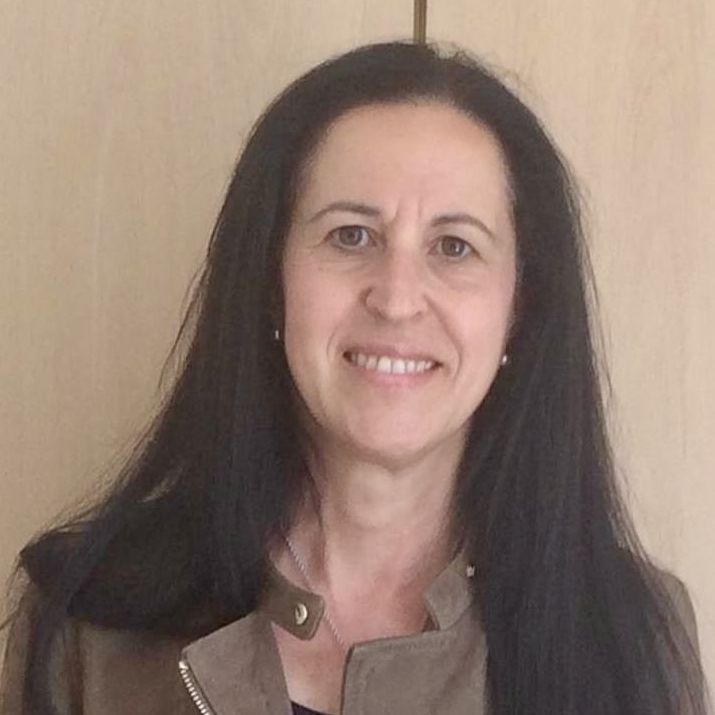
Begoña Vigo
Associate Professor in Education, University of Zaragoza
Begoña Vigo’s research focuses on inclusive education, rural schools, teacher education, social justice and ethnography from a critical perspective.
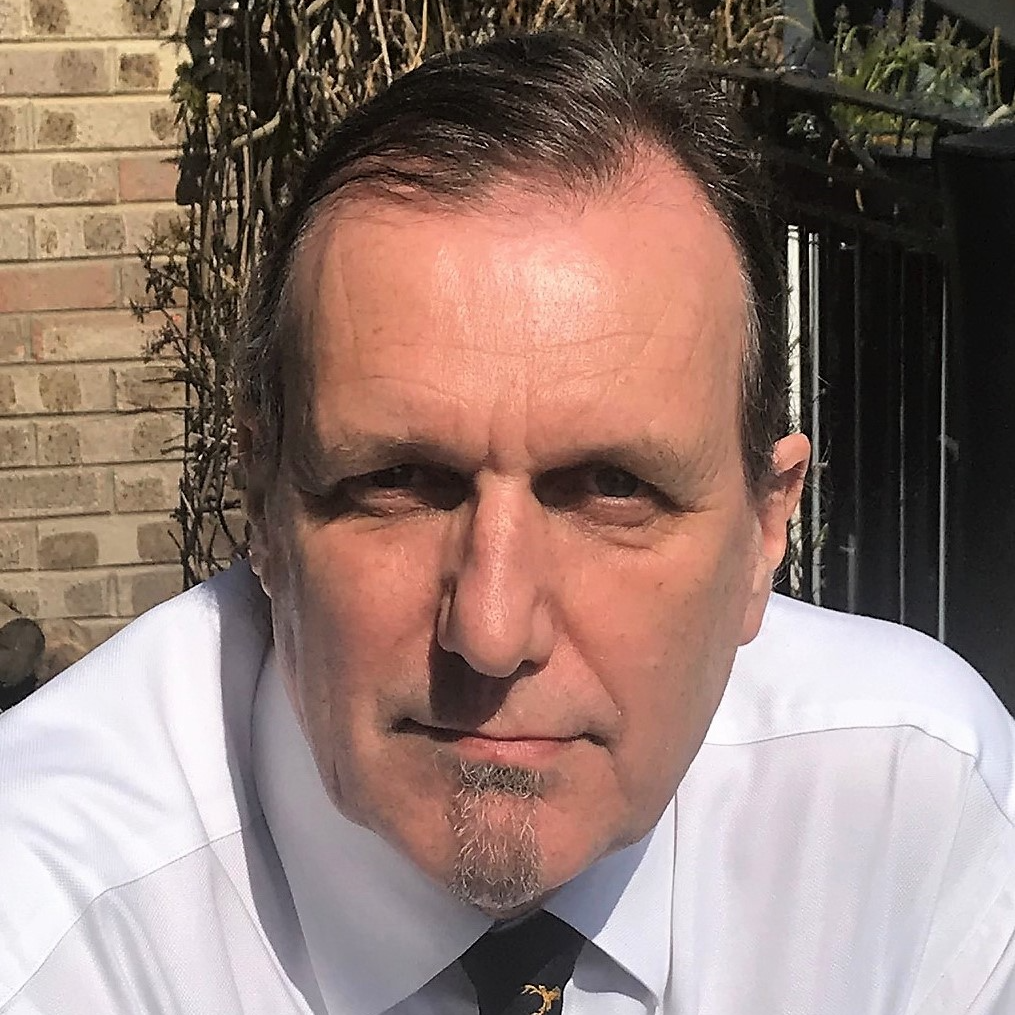
Carl Bagley
Professor of Educational Sociology, Queen’s University Belfast
Carl Bagley has published extensively in the areas of critical policy ethnography and critical arts-based research in Education (CABRE). He is currently exploring white racism in a working-class rural community, and in CABRE the establishment of an emancipatory ethical framework.
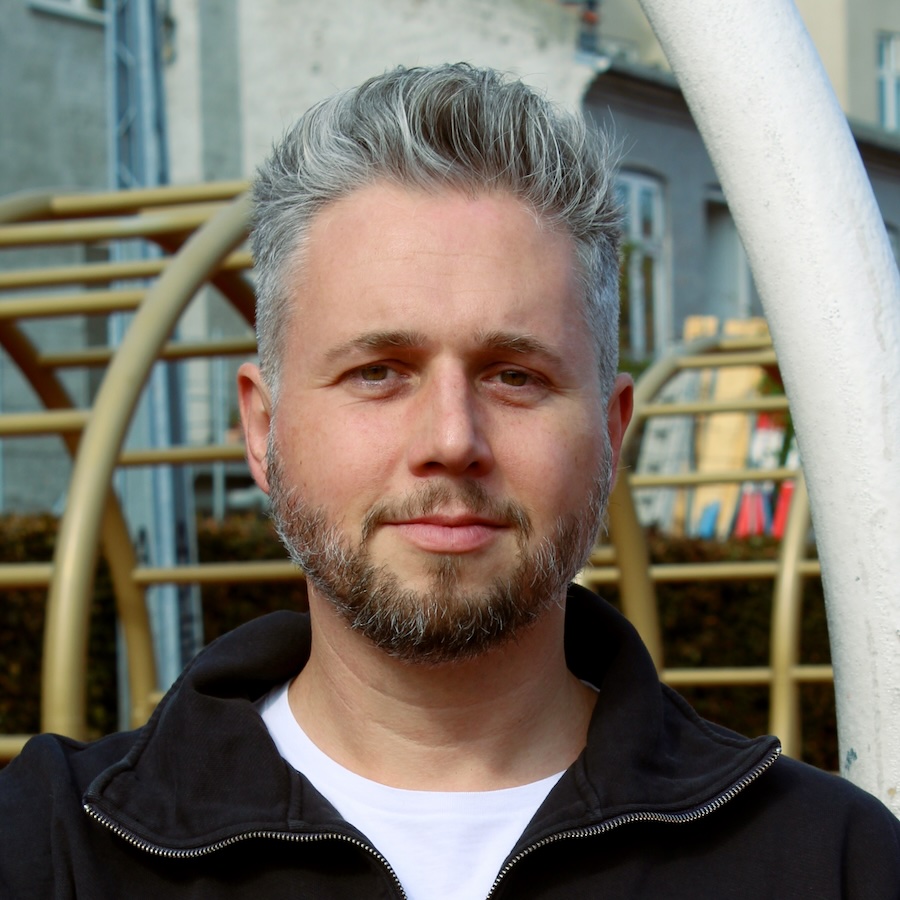
Clemens Wieser
Associate Professor in General Education, Aarhus University
Clemens Wieser’s research focuses on adult learning, expertise, tacit knowing, and pedagogical practice. His ethnographic research relies on a multi-sited approach, using video ethnography, narrative interviews, and video diaries. He has conducted fieldwork in Austria, Germany, and Denmark.
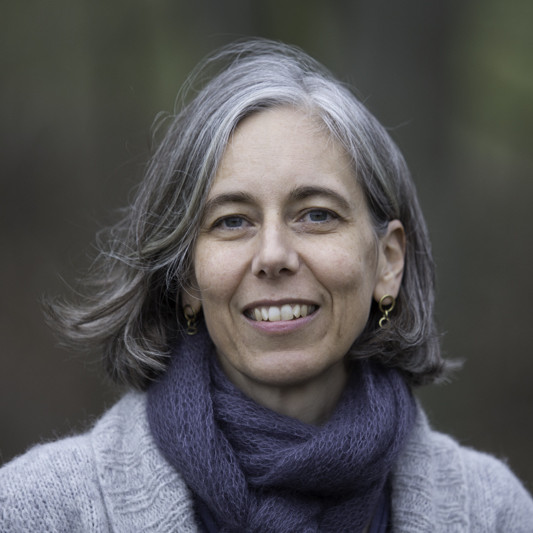
Gisela Unterweger
Head of the Research Centre Childhood in Education and Society, Zurich University of Teacher Education
I conduct ethnographic research in the field of childhood studies in schools and kindergartens. My focus is on doing difference, subjectivation as a pupil under conditions of inequality, as well as post-humanist and network-theoretical approaches to everyday kindergarten life.
Bagley, C. (2009). Shifting boundaries in ethnographic methodology. Ethnography and Education, 4(3),251-254.
Ball, S. J. (2017). Foucault as Educator. Springer.
Beach, Dennis, Carl Bagley, Anita Eriksson, und Catarina Player-Koro. 2014. „Changing teacher education in Sweden: Using meta-ethnographic analysis to understand and describe policy making and educational changes“. Teaching and Teacher Education 44 (November): 160–67. https://doi.org/10.1016/j.tate.2014.08.011.
Delamont, Sara, Paul Atkinson, und Lesley Pugsley. 2010. „The concept smacks of magic: Fighting familiarity today“. Teaching and Teacher Education, Anthropological Perspectives on Learning and Teaching: Legitimate Peripheral Participation Revisited, 26 (1): 3–10. https://doi.org/10.1016/j.tate.2009.09.002.
Freire, P. (1997). Mentoring the Mentor: A Critical Dialogue with Paulo Freire. Peter Lang.
Tummons, J., & Beach, D. (2020). Ethnography, materiality, and the principle of symmetry: Problematising anthropocentrism and interactionism in the ethnography of education. Ethnography and Education, 15(3), 286–299.
Walford, G. (2018). Recognizable Continuity: A Defense of Multiple Methods. In D. Beach, C. Bagley, & S. M. da Silva (Eds.), The Wiley Handbook of ethnography of Education (pp. 36–49). Wiley Blackwell.
Yon, Daniel A. 2003. „Highlights and Overview of the History of Educational Ethnography“. Annual Review of Anthropology 32: 411–29. https://doi.org/10.1146/annurev.anthro.32.061002.093449.

